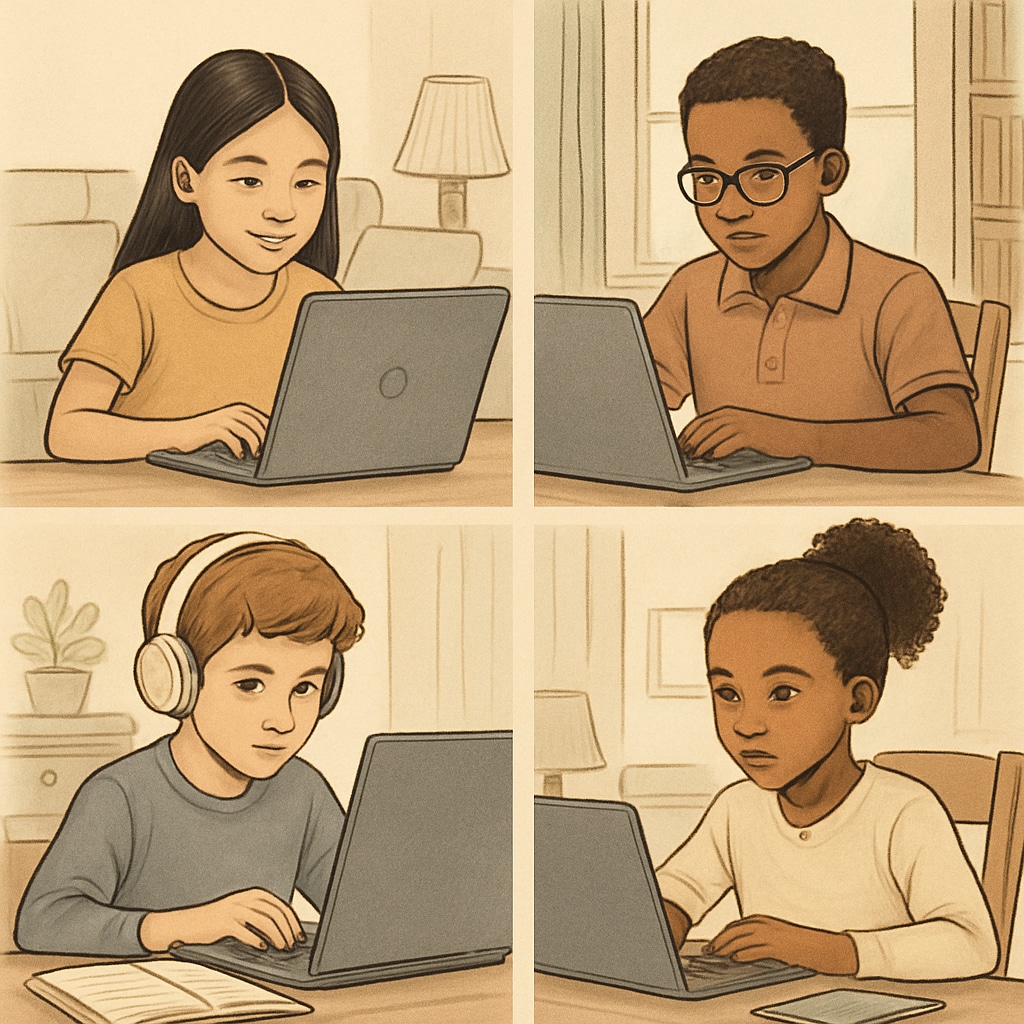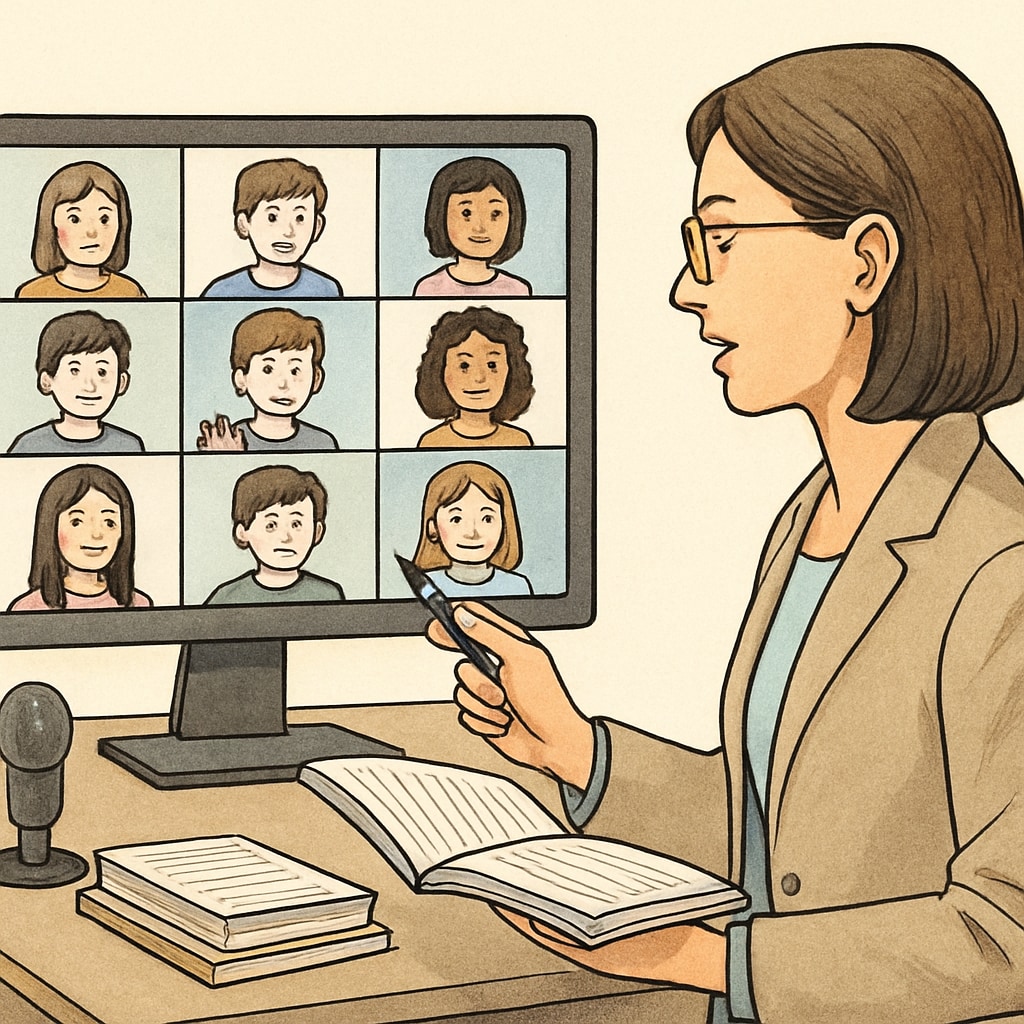The rise of online degrees, self-discipline challenges, and social gaps in K12 education has transformed traditional learning paradigms. While virtual classrooms offer unprecedented flexibility, they also present unique obstacles in developing crucial life skills. According to the Education Week Research Center, 63% of teachers report increased student autonomy in online settings, yet 58% note declining peer interactions.
The Advantages of Virtual Learning Environments
Online education offers three key benefits for K12 students:
- Personalized pacing: Learners can review materials at their optimal speed
- Geographic flexibility: Access to specialized courses regardless of location
- Digital literacy: Early development of tech skills crucial for future careers

Addressing Self-Regulation Difficulties
The self-discipline challenges inherent in online learning require structured solutions. Research from the American Psychological Association suggests effective approaches include:
- Creating consistent daily routines with visible schedules
- Implementing the Pomodoro technique (25-minute focused sessions)
- Using digital tools like Forest app to minimize distractions
Bridging the Social Development Gap
To counteract social gaps, educators recommend:
- Scheduled virtual study groups with peer collaboration
- Project-based learning requiring teamwork
- Optional in-person meetups for local students

Practical implementation: Many schools now blend asynchronous (self-paced) and synchronous (live) sessions. For example, morning hours might focus on individual coursework, while afternoons reserve time for live discussions. This hybrid model addresses both self-discipline challenges and social needs.
As online degrees become more prevalent in K12 education, the balance between self-directed learning and social development remains critical. With intentional design, virtual classrooms can cultivate both academic excellence and interpersonal skills. Parents and teachers play vital roles in monitoring progress and facilitating meaningful connections.


